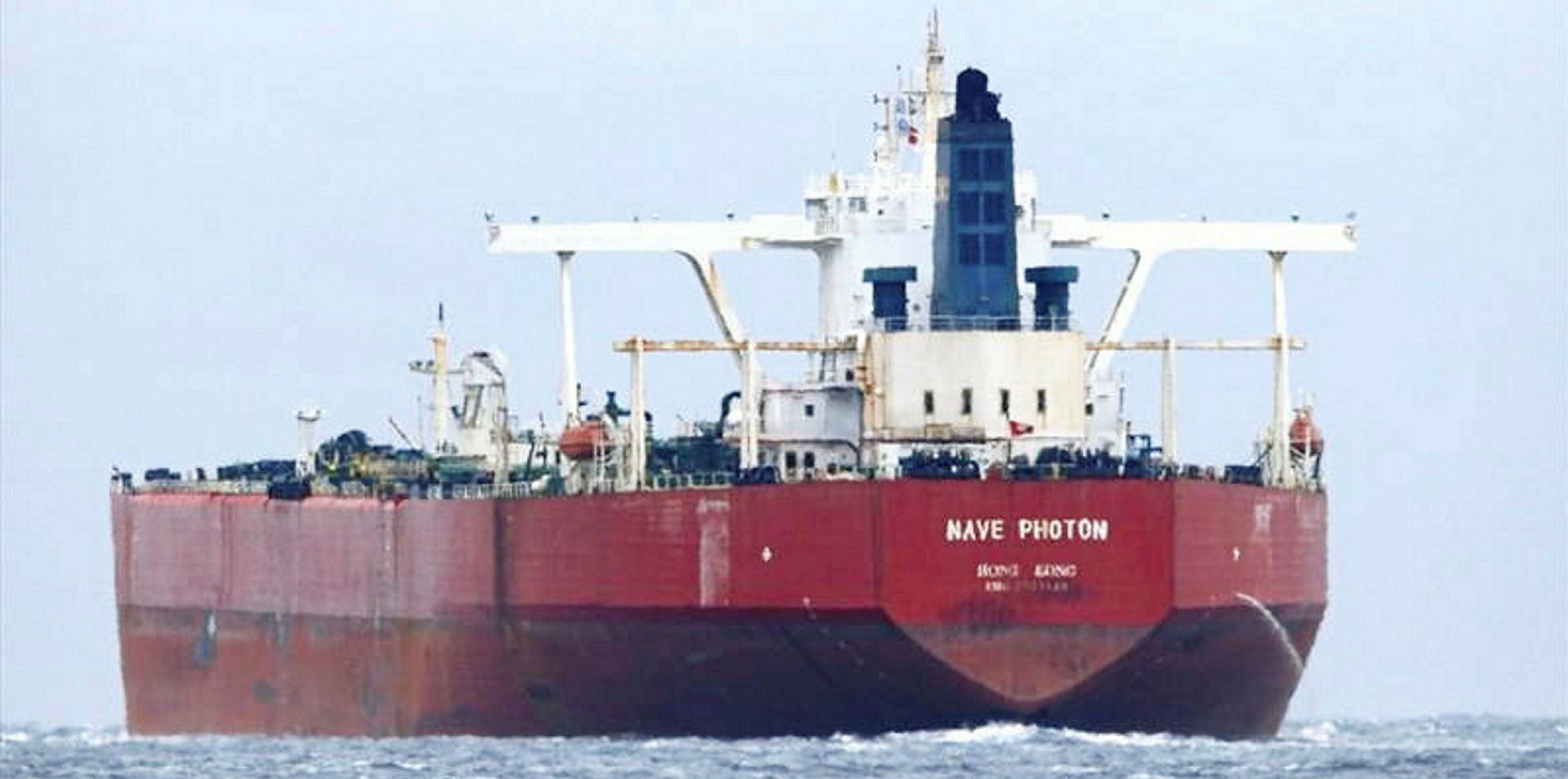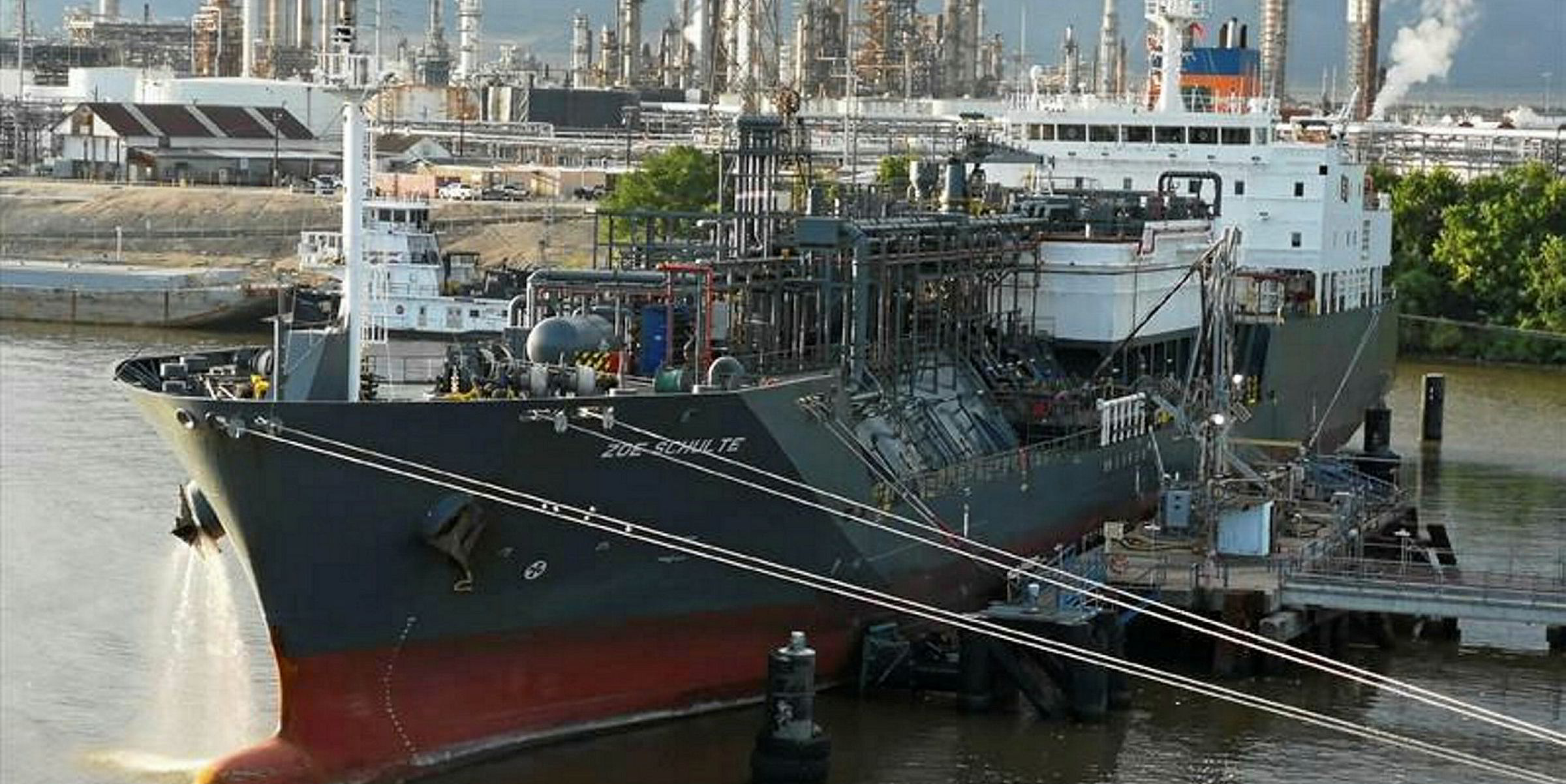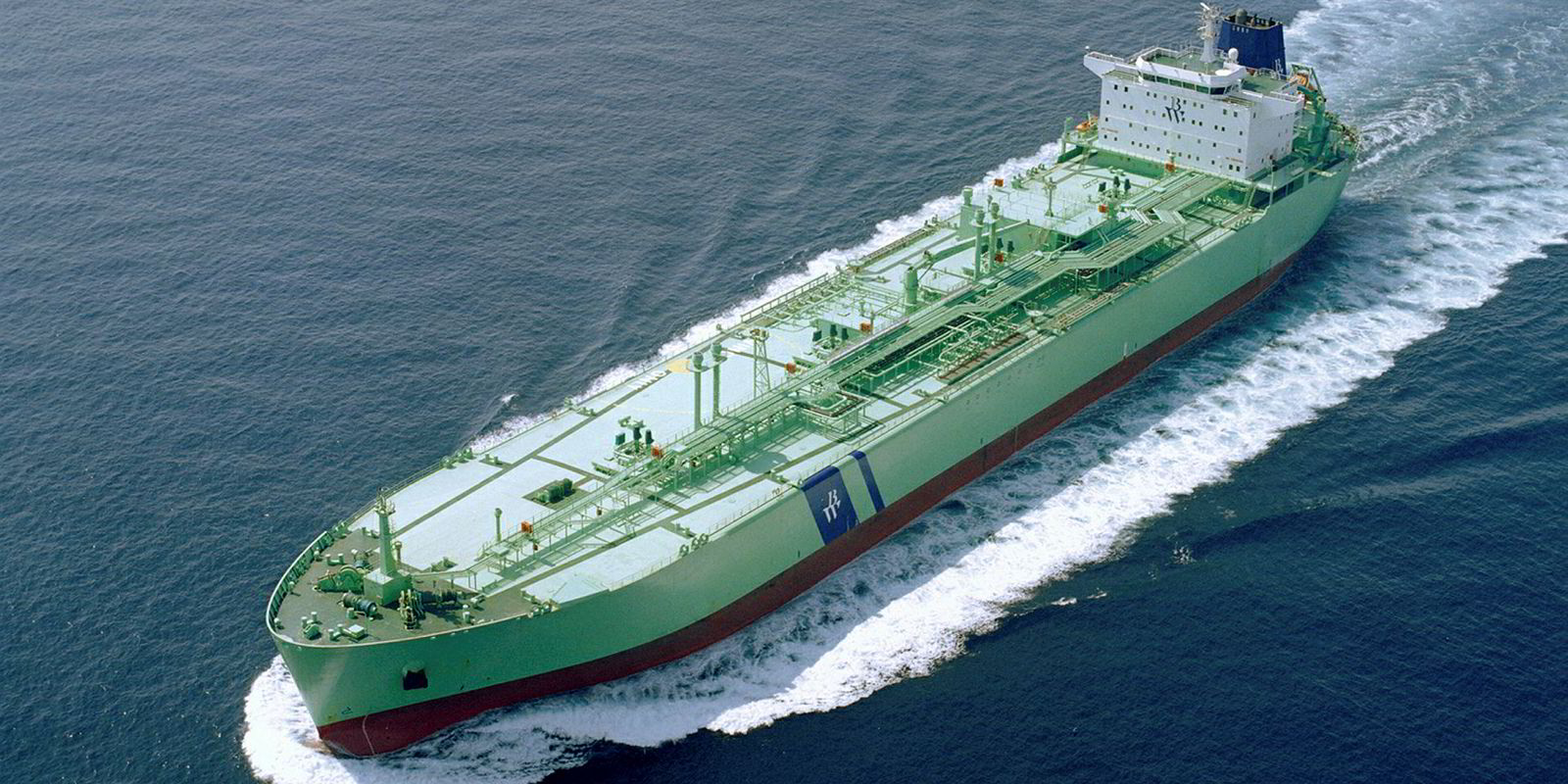Navig8’s VL8 Pool has taken legal action against Glencore over the supply of contaminated bunker fuel to one of the VLCCs in the pool in 2018.
New York Southern District Court documents show that the incident allegedly resulted in the 297,395-dwt Nave Photon (built 2008) suffering engine failure in the Indian Ocean.
At the time of the breakdown, the Navios-controlled VLCC was carrying a cargo of US crude loaded at The Louisiana Offshore Oil Port and bound for China.
Glencore is said to have procured the bunker fuel from refiner Valero for sale in the Texas and US Gulf of Mexico region between 1 January 2018 through 31 May 2018.
The lawsuit is at least the fourth filed over off-spec fuel provided in Texas that year.
VL8 contends that Glencore, despite having actual knowledge that the bunker fuel manufactured by Valero was “defective, off-spec, and dangerous” to use in vessels, never “notified or warned its customers or the end users ... of the known defects in said products”.
A total of 4,700 tons of high-sulphur fuel oil was delivered to the Nave Photon on or about 11 March 2018 at the Galveston Offshore Lightering Area.
VL8 said it had ordered the marine fuel through Integr8 Fuels, which arranged with Glencore for the fueling of the VLCC.
Almost immediately upon switching over to the [defective] bunkers the vessel began experiencing serious operational issues
VL8
VL8 has stated that while it did not directly contract with Glencore for the subject parcel of marine fuel, Glencore was “aware that the beneficiary of the marine fuel being sold was VL8 and the vessel”.
The Nave Photon did not immediately begin using the bunkers after they were delivered. It was not until 4 April, while transiting the Indian Ocean en route to its discharge port in China, that it did so.
“Almost immediately upon switching over to the [defective] bunkers the vessel began experiencing serious operational issues,” VL8 said in the court document.
“In particular, while using the bunkers the vessel’s fuel filters became covered with a sticky substance.”
The VLCC was reportedly forced to shut down its main propulsion and auxiliary engines several times to clear its fuel filters.
VL8 claims that the ship was “forced to run at reduced speeds” due to the “constant coating and clogging of the fuel filters”.
“Furthermore, while using the bunkers, the fuel pumps and injectors on the vessel’s main and auxiliary engines clogged and fouled and had to be replaced.”
The operational issues on board the VLCC allegedly caused by the bunkers are said to have become so severe that the ship experienced an engine breakdown in the Indian Ocean. It was several days from any port of refuge and as a result was "forced to arrange for salvage services to be towed into port".
VL8 said that subsequent tests revealed that the bunkers contained the presence of "various fatty acids and other materials" that are not normally found in marine fuels.
Between 1 January 2018 through 31 May 2018, Valero is said to have supplied thousands of metric tons of marine fuel, which were “contaminated, off-spec, unfit for consumption and capable of causing serious physical damage” to main propulsion engines, auxiliary engines, and other equipment of vessels consuming such fuel.
The court documents contend that during that time the off-spec bunkers were delivered to more than 150 vessels in Texas and other US ports, and elsewhere around the world.
The VL8 lawsuit is one of a growing number of cases to emerge from the 2018 fuel deliveries.
In two other lawsuits, from Bahri and Indelpro, Trafigura was named as a third-party. Trafigura successfully argued to sever certain claims against it, as contracts with Valero had New York jurisdictional clauses.
A third was filed by Connecticut-based Blue Fin Tankers.
All three lawsuits claim the off-spec fuel caused damage to ships' engines.
In the case of the 26,000-dwt Bahri Yanbu (built 2014), the ro-ro had to shut off its engines and drifted at sea for more than two days.
Glencore declined comment.





